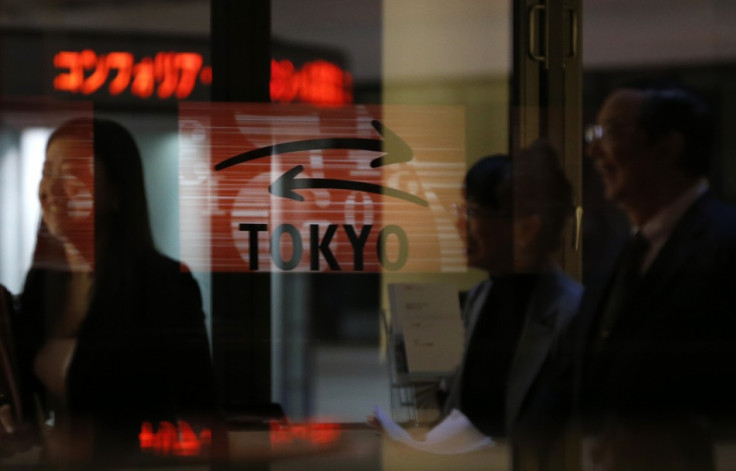Asian Markets Weekly Roundup: EurozoneTensions Rebound

Asian markets posted a mixed performance in the week as fresh eurozone concerns haunted investor sentiments and the yen remained volatile on stimulus speculations, ahead of upcoming Chinese New Year festival.
The Nikkei broke its 12-week gaining streak to ease 0.3 percent while the KOSPI weakened 0.4 percent in Seoul. Hong Kong's Hang Seng dropped 2.1 percent.
China's Shanghai Composite Index advanced 0.6 percent on recovery optimism. The Sino-sensitive S&P/ASX 200 advanced 1 percent in Sydney.
European political and economic concerns returned this week. Spain's worries were limitless even after two years of recession with stiff austerity steps, rocketing jobless rates and a precarious position in global markets. Latest is the political corruption scandal, one that includes the Prime Minister Mariano Rajoy himself.
Rajoy had managed to hold on to the country's helm through the worst of its economic troubles but the latest issue has spiked doubts on his survival capacity. This has further raised fears on the future of Spain's much needed economic reforms.
While Madrid remained embroiled in this, its eurozone partner, Italy, was witnessing economic concerns of a different note. With barely weeks for the national elections, opinion polls show that Silvio Berlusconi narrowed his gap against the frontrunner Pierluigi Bersani, the leader of the Democratic Party. This has given way to reform-related concerns in the country faced with a 13-year high unemployment rate, as Berlusconi looks set to step up his anti-austerity stand.
At a macro level, the European Central Bank's (ECB) Mario Draghi stoked concerns after a policy meet that kept benchmark interest rates unchanged this week. The lender's chief noted that the weak eurozone conditions could improve gradually towards the latter half of 2013 while indicating unease on the euro's strength. The single-currency eased to its lowest in almost two weeks after this.
Meanwhile, the European Union leaders have finally managed to clinch a deal on the bloc's next budget.
In Japan, politically-stimulated economic developments that fuelled currency-movements dominated investor sentiments this week. Bank of Japan's governor Masaaki Shirakawa announced his plans to quit earlier than expected, giving the administration freedom to decide on a new central bank chief. This boosted further stimulus optimism, weighing the yen lower to a near three-year low against its peers and boosting the benchmark stock index higher.
But trading confidence dropped following some lacklustre corporate earnings reports and political comments that suggested that the yen's weakness was overdone. Electronic major Sony plunged 11 percent towards the weekend after the firm reported that its television and gaming businesses remained weak. Camera-maker Nikon dipped 19 percent in the last five days after slashing its earnings forecasts on frail eurozone demand.
Improved economic indicators continued to fuel Chinese market sentiments. Over the previous weekend, Beijing's official data had shown that China's service sector continued to grow in January. Separate reports released towards the end of the week showed that January's exports and imports beat expectations while consumer prices remained largely in line with forecasts.
The Week Ahead
Finance ministers and central bank officials are set to meet for the G20 summit next week in Moscow. While the agenda is likely to cover a broad range of issues, analysts expect a particular emphasis on "currency wars".
Other major events will be Japan's official fourth-quarter Gross Domestic Product (GDP) figures and Bank of Japan's policy board meeting. Despite the early recession concerns, analysts expect Japan to avoid another economic contraction, mainly due to the activity-pickup witnessed towards 2012 end.
China will have a rather quiet week as markets remain shut for the new year festivals. Hong Kong markets will reopen in the second half of the week.
Outside Asia, the flash eurozone GDP figures are set for release, which could see a 0.5 percent quarterly contraction after the 0.1 percent decline in the previous three months. US retail sales and consumer confidence data will also be revealed.
© Copyright IBTimes 2024. All rights reserved.





